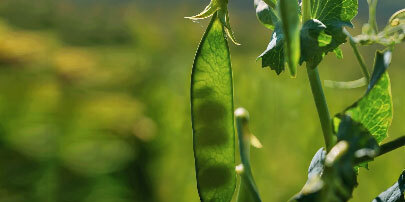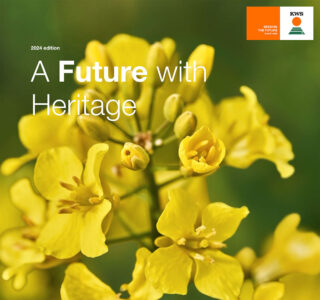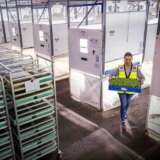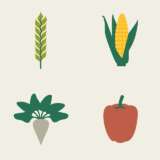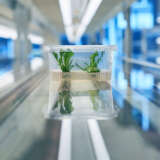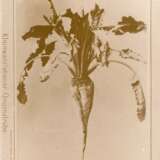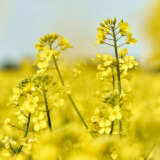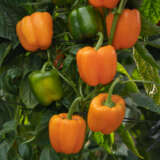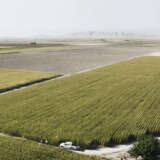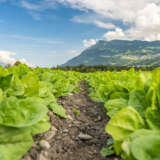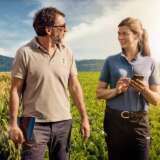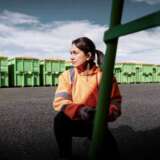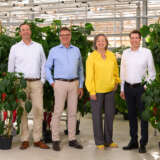Seeding the future –
since 1856
In the beginning there was sugarbeet. Over the course of many decades, KWS has developed into an innovative, international seed specialist with a broad portfolio of cultivated plants: From breeding to production and sales — our high-quality varieties stand for high-yield, sustainable harvests. To achieve this, we build on our closeness to farmers, whose challenges and needs we know. Each newly bred variety features high-performance traits that are adapted to regional conditions such as climate and soil conditions.
Investments in research and development
2017/2018 2023/2024
€ 197,7 M
excluding seasonal workers
KWS Group |
2023/24 |
2022/23 |
2021/22 |
Net sales and income in €M |
|||
Net sales |
1.678.1 |
1,500.3 |
1,275.8 |
EBITDA |
388.1 |
278.8 |
230.0 |
EBIT |
302.0 |
195.1 |
141.5 |
in % of net sales (EBIT margin) |
18.0 |
13.0 |
11.1 |
Net financial income/expenses |
-50.0 |
-23.8 |
-7.2 |
Net income for the year |
184.1 |
126.1 |
106.4 |
| Financial position and assets in €M | |||
Free cash flow |
53.8 |
50.0 |
61.5 |
Capital expenditure |
139.9 |
100.8 |
83.4 |
Depreciation and amortization |
86.1 |
83.7 |
88.5 |
Without net sales of our at equity consolidated companies. Due to the sale of the corn and sorghum business in South America, this business area is reported as a discontinued operation. The previous year’s figures have therefore been adjusted accordingly.
More information about our segments can be found here.
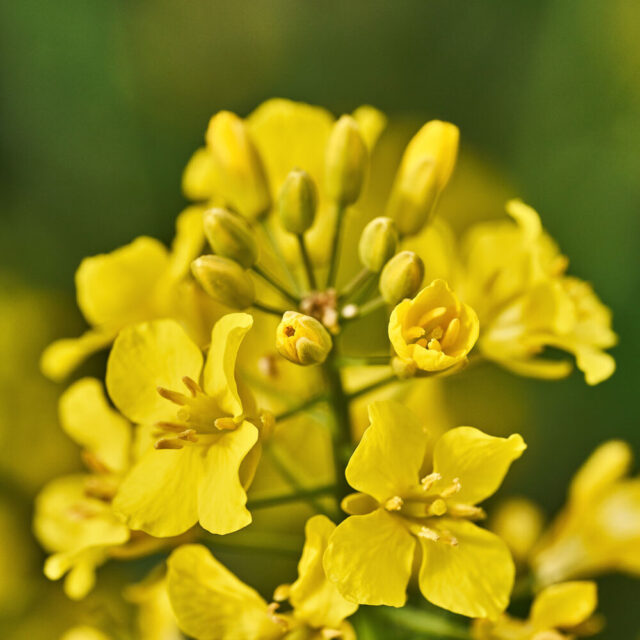
Cover photo
Oilseed rape blossoming in a field in Pattensen in the Hanover region, Germany. Not only is oilseed rape a real feast for the eyes when it is in bloom with its sunny yellow splendor, but it is also an important link in crop rotation. This crop provides oil for human consumption; valuable protein for animal feed; biofuel; and is also a food source for insects.
You can read more about oilseed rape breeding, its challenges and the KWS solutions that address them in the article “At the heart of oilseed rape breeding.”
